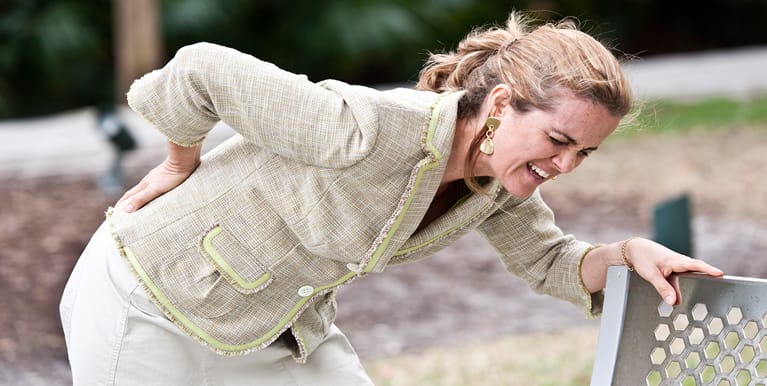| Every disease has an emotional component that aggravates and intensifies symptoms by its presence. Studies show that pain is always felt more strongly by an individual who is angry, fearful, depressed, or lonely. A low back pain in a woman suffering in an unhappy marriage will be more severe that in a woman who is at peace with herself and the world.
When pain intensifies due to emotion it by no means implies the individual is imagining or faking the pain. Emotions cause physiological changes in the body that amplify the pain signals going from your low back to you brain, where the experience of pain takes place. The brain is no longer seen as a passive receptor of pain and sensory information coming from peripheral nerve sites such as your low back, neck, leg, etc. How pain is expected, attended to, and interpreted by the brain influences the intensity of what is felt. Upsetting emotions such as anger, anxiety, or depression produce chemicals in the body which make it easier for you to receive and feel pain sensations. The more relaxed, optimistic, and peaceful you feel the less you will feel pain. The pain you feel, however, is real and there are always physiological mechanisms contributing to it, even when they do not show up on an x-ray or other diagnostic tests. Mind-Body Treatments to help you manage pain could include:
The above treatments are not meant to be a substitute for physical therapy, chiropractic care, acupuncture or medical management of your chronic pain. However, psychological treatment modalities will enhance the effectiveness of the above modalities and in many cases will make the difference between returning to a vital, meaningful life vs. remaining an anxious depressed individual living a lonely existence on the outskirts of society. According to recent polls taken by the American Psychological Association:
|
